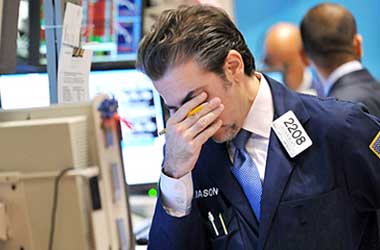
Global traders were surprised when the forex markets saw unexpected surges recently. Analysts have been calling it a “flash crash” because of how it has affected the market.
This has happened once before in 2016 but this time instead of a currency dropping in value; it has resulted in a currency surging unexpectedly. The currency that benefited from this flash crash was the Japanese yen.
The Japanese yen’s surge started around the early part of Thursday. No one had any warning and in just seven minutes, the yen was already eight percent up against the Australian dollar.
This is the strongest it has been since 2009. It also surged against the Turkish lira, reaching a 10 percent rise. Overall, the Japanese yen went up by at least one percent against all of its G10 peers.
Traders across Asia and Europe were still stunned by the proceedings when the sell orders for Australian dollars and Turkish lira against the Japanese yen came in. This further dropped their value against the yen. One big problem was that Japan was still in holiday mode and this caused a liquidity problem which further contributed to the yen surge.
Many point out that the yen has been strong for the past 12 months already. It has traditionally been a haven asset, ensuring investors a place to hide value to ride out shifts in the market. Japanese investors have used this strength and the country’s negative interest rate policy to invest in other currencies.
Several Reasons For The Surge
Experts are pointing out that there were several reasons for the surge. One of them was the recent announcement by Apple CEO Tim Cook. This was the company’s quarterly sales forecast and it predicted $84 billion in revenue for its fiscal first quarter – lower than the expert’s prediction of $91.5 billion. This was the first time Apple issued a warning on lower quarterly revenues.
Bloomberg Markets and Finance
Cook points to the weak reception of Apple in China. Experts suggest that it is because Apple is being punished by Chinese consumers for it being a perceived symbol of American business. With the Trump administration’s tough moves against the Chinese market, consumers may be opting for local equivalents.
Additional pressures on the market make the yen a far more attractive prospect in the forex market. With increased demand comes higher value. Experts predict that further shocks like this will be happening in the market as 2019 progresses.



